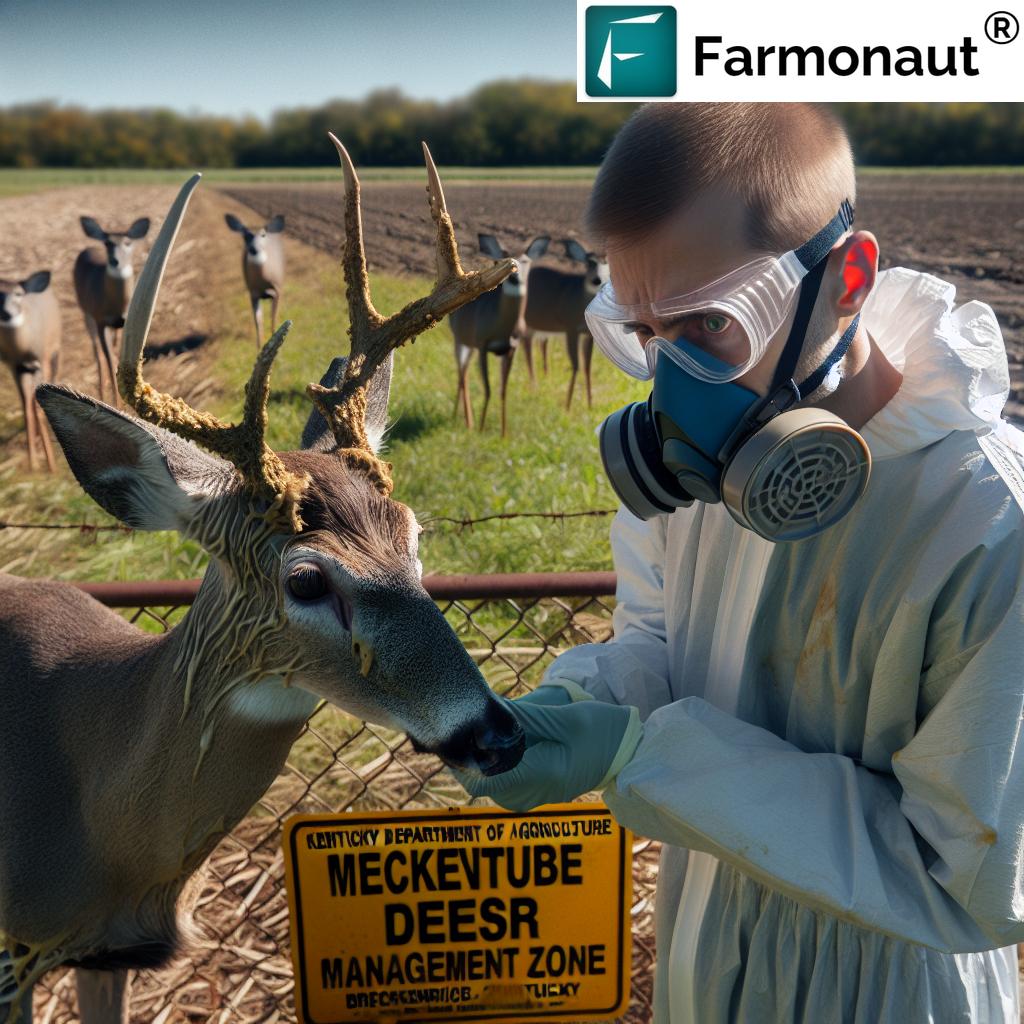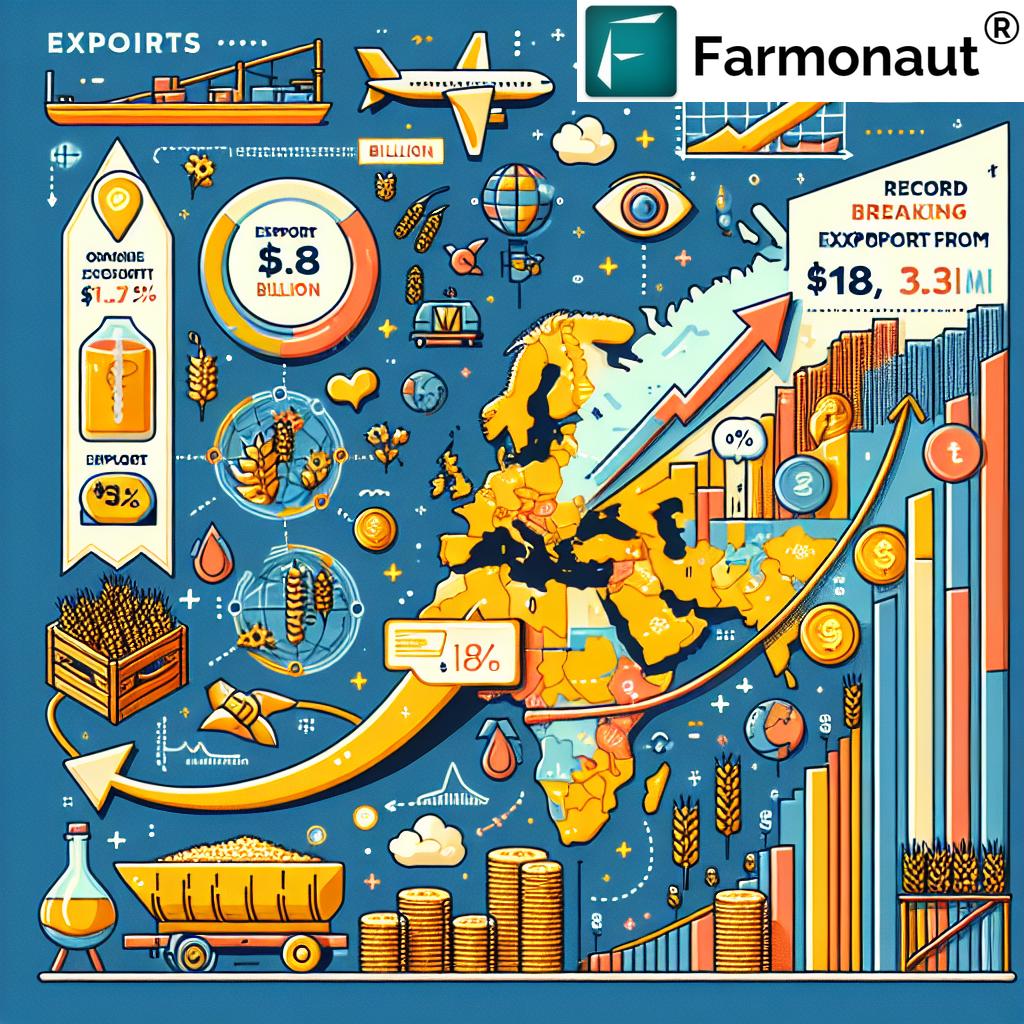Urgent: Russia’s Bombshell Ban on Kazakh Grain Sparks Trade Crisis – What’s at Stake?

In a shocking development that has sent ripples through the agricultural sector of Central Asia, Russia has imposed a ban on Kazakh grain and agricultural imports, effective October 17, 2024. This Russia Kazakhstan grain ban has ignited a fierce trade dispute between the two nations, threatening to destabilize the region’s agricultural economy and diplomatic relations.
The Bombshell Announcement
Rosselkhoznadzor, Russia’s agricultural watchdog, dropped the bombshell by announcing Russia Rosselkhoznadzor restrictions on a wide range of Kazakh agricultural products. The ban encompasses:
- Wheat
- Lentils
- Flax seeds
- Fresh melons
- Tomatoes from third countries
This move has effectively halted a significant portion of Kazakh agricultural exports, leading to what experts are calling a Kazakh agricultural export crisis.
The Buildup to the Crisis
The ban didn’t come out of the blue. It follows a series of measures that have been disrupting the transit of Kazakh goods through Russian territories. These escalating tensions have now culminated in a full-blown Kazakhstan-Russia trade dispute, threatening the fabric of economic cooperation between the two nations.
Immediate Repercussions
The impact of this ban on Kazakhstan’s agricultural sector cannot be overstated. With Russia being a major transit route and destination for Kazakh agricultural products, the ban has effectively cut off a vital artery of Kazakhstan’s export economy. The Kazakhstan grain transit issues are particularly concerning, as they threaten to leave Kazakh farmers with a surplus of produce and nowhere to sell it.
Kazakhstan’s Response
In the face of this crisis, Kazakhstan is not sitting idle. The country’s Ministry of Agriculture has sprung into action, actively engaging in negotiations with Russian authorities. Their primary objectives are clear:
- Resolve the immediate trade dispute
- Restore the flow of agricultural exports
- Address the underlying issues causing friction in bilateral trade relations
Moreover, Kazakh MPs have issued urgent calls emphasizing the need to:
- Lift the phytosanitary restrictions imposed by Russia
- Review and potentially revise transit tariffs
- Consider legal action against Rosselkhoznadzor if diplomatic efforts fail

The Role of the Eurasian Economic Commission
As tensions escalate, the Eurasian Economic Commission has stepped in to mediate the crisis. The commission, which oversees economic integration within the Eurasian Economic Union, is now at the center of Eurasian Economic Commission negotiations aimed at resolving the dispute.
Their involvement underscores the regional implications of this crisis, highlighting how the Russia grain import ban is not just a bilateral issue but a matter of concern for the entire Eurasian economic bloc.
Explore Farmonaut’s Satellite Weather API
The Broader Implications
This crisis sheds light on the complexities and vulnerabilities of Central Asian agricultural trade. It raises critical questions about:
- The sustainability of current trade routes
- The need for diversification in export markets
- The potential for increased regional cooperation to mitigate such crises in the future
Furthermore, the situation has put a strain on Kazakhstan-Russia diplomatic relations, potentially impacting cooperation in other sectors beyond agriculture.
The Phytosanitary Debate
At the heart of this dispute lie the Kazakhstan Russia phytosanitary measures. Russia claims that its ban is rooted in concerns over the quality and safety of Kazakh agricultural products. However, many in Kazakhstan view these measures as potentially protectionist tactics rather than genuine safety concerns.
This debate highlights the need for:
- Transparent and standardized phytosanitary protocols
- Mutual recognition of quality control measures
- Enhanced cooperation in agricultural research and pest control
Check out our API Developer Docs
Economic Ripple Effects
The impact of this ban extends far beyond the agricultural sector. It has the potential to affect:
- Kazakhstan’s overall economic growth projections
- Employment rates in rural areas heavily dependent on agriculture
- The stability of food prices in both Kazakhstan and countries that rely on its exports
Moreover, the crisis has brought attention to the issue of agricultural export tariffs, with calls for a comprehensive review of the current tariff structure within the Eurasian Economic Union.
The Search for Alternative Routes
As the crisis unfolds, Kazakhstan is actively exploring alternative export routes to mitigate the impact of the Russian ban. This includes:
- Strengthening trade relations with China
- Exploring new markets in the Middle East and South Asia
- Investing in infrastructure to support new trade corridors
These efforts could reshape the landscape of Central Asian agricultural trade in the long term, potentially reducing dependency on any single trade partner.
The Role of Technology in Crisis Management
In navigating this crisis, both Kazakhstan and Russia are turning to technological solutions to address some of the underlying issues. This includes:
- Enhanced digital tracking systems for agricultural exports
- Blockchain-based certification for quality control
- Satellite monitoring of crop health and yield predictions
These technological advancements could play a crucial role in rebuilding trust and ensuring compliance with phytosanitary standards.
The Path Forward
As negotiations continue, several key steps are being considered to resolve the Central Asian trade dispute:
- Establishment of a joint commission to review and harmonize phytosanitary standards
- Development of a dispute resolution mechanism within the Eurasian Economic Union
- Investment in shared agricultural research and development initiatives
- Creation of a regional early warning system for potential trade disruptions
The resolution of this crisis could set important precedents for how similar disputes are handled within the region in the future.
Conclusion
The Russia Kazakhstan grain ban has unleashed a complex web of economic, diplomatic, and agricultural challenges. As the situation unfolds, it serves as a stark reminder of the interconnectedness of global agricultural markets and the delicate balance of regional trade relations.
The resolution of this crisis will require not only diplomatic finesse but also a commitment to transparent, fair, and scientifically-based trade practices. As stakeholders work towards a solution, the agricultural sectors of both nations hang in the balance, awaiting a resolution that could reshape the future of Central Asian agricultural trade.
Stay tuned for updates on this developing story, as the implications of this trade dispute continue to reverberate across the region and beyond.
















